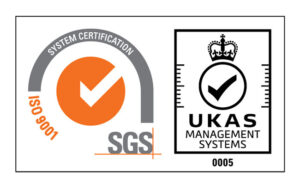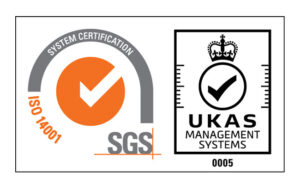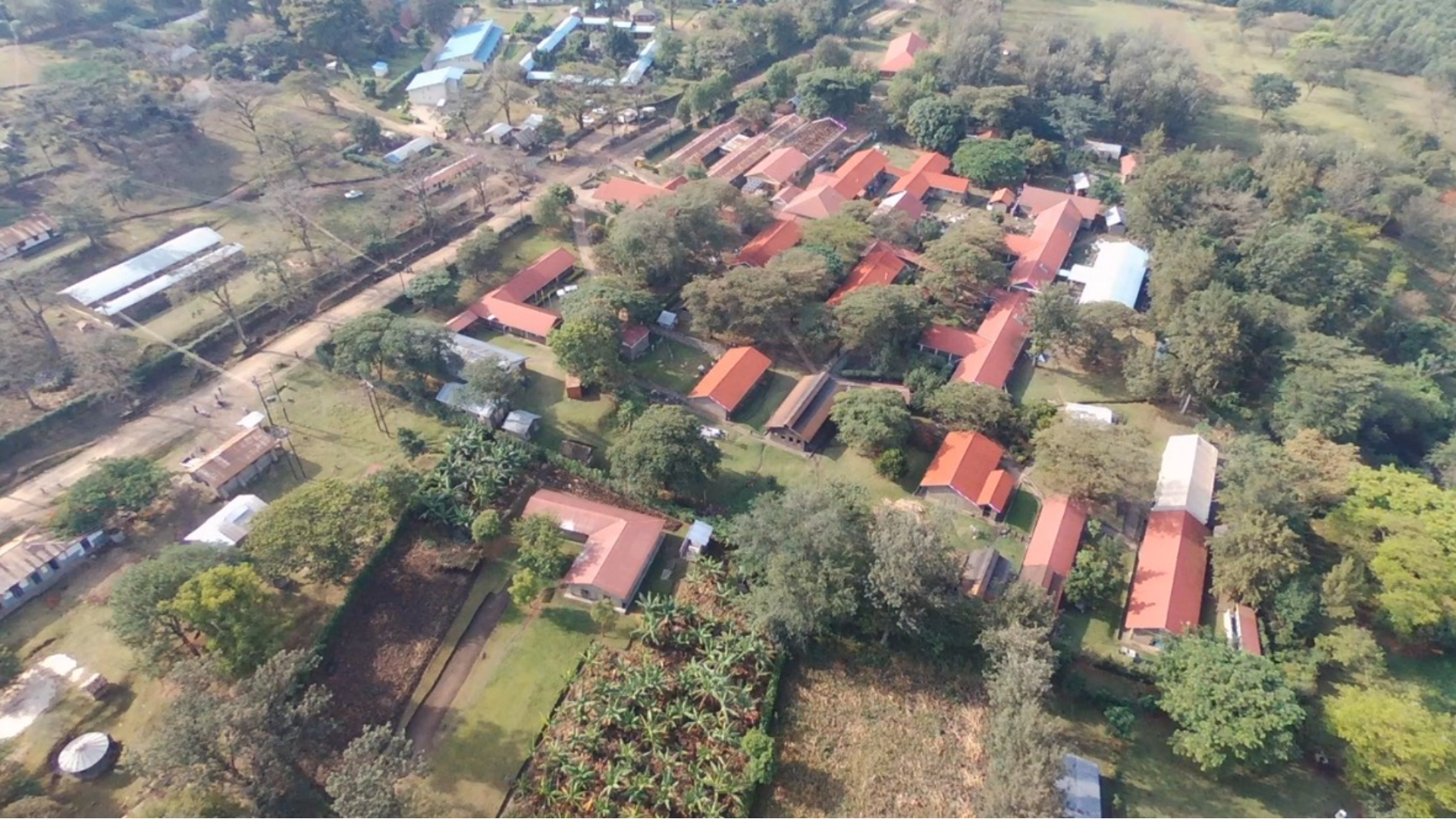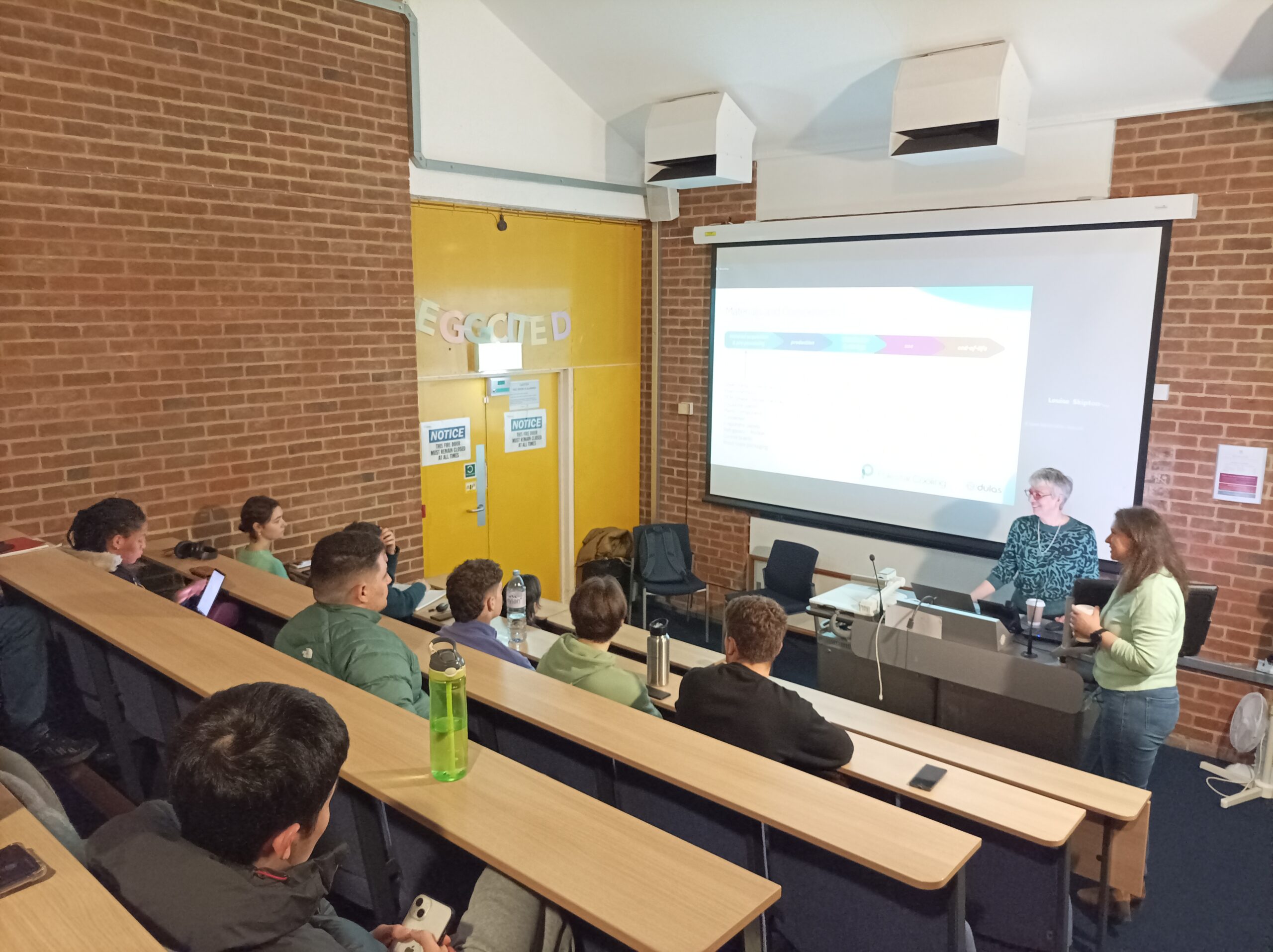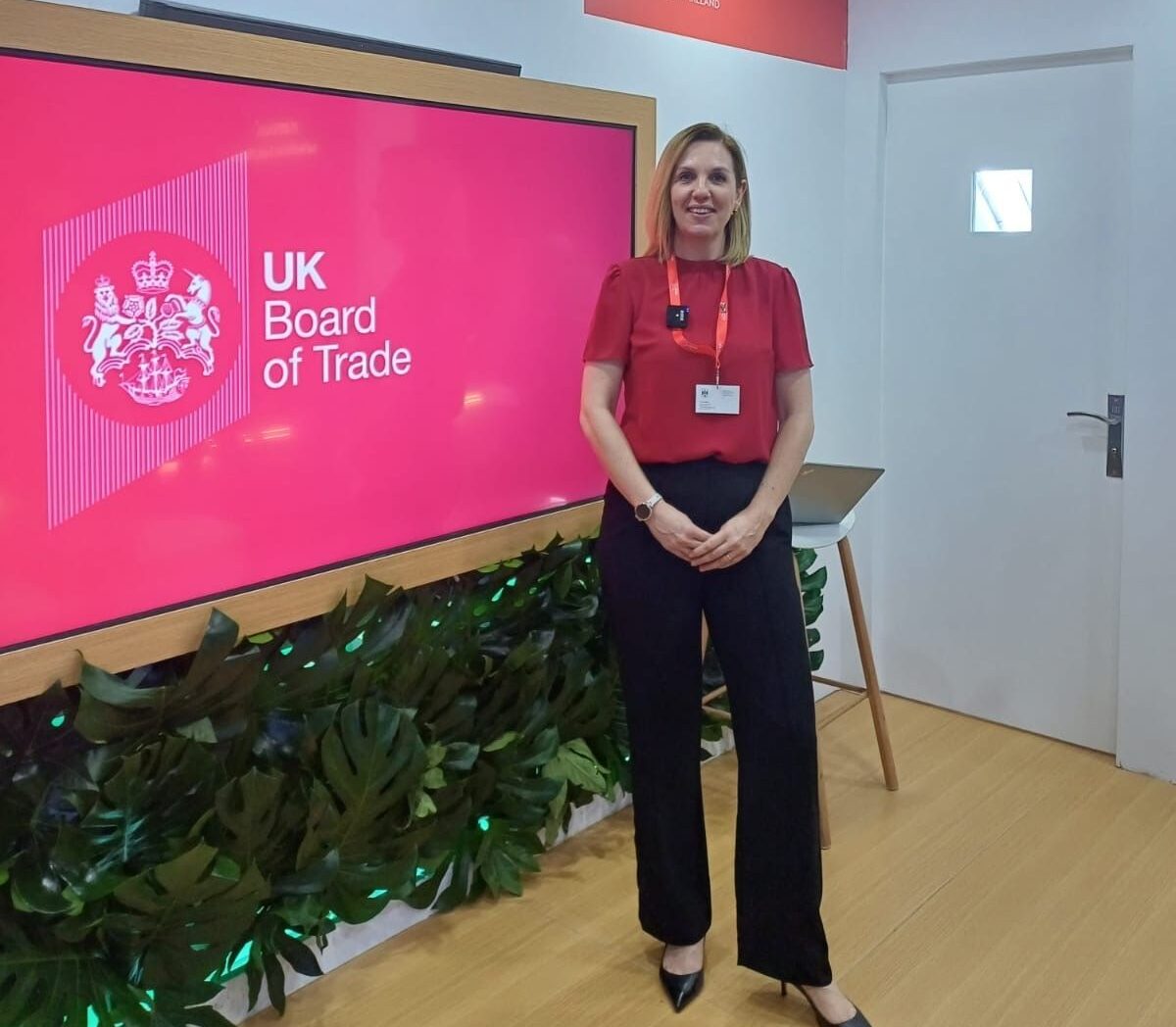Like most companies in the UK adapting to the new reality of Brexit, Dulas have had its own fair of share of experiences to report on during the first whirlwind months of implementation. Whilst there have undoubtedly been challenges, particularly around the flow of goods, there have also been some pleasant surprises along the way and a feeling that aspects of the new arrangements may not be as bad as feared.
With the final terms of the post-Brexit trade agreement being settled at the eleventh hour, it was inevitable that there would be teething problems. Let’s not forget the deal was signed on Christmas Eve, leaving only a week on the clock to close out the transition period following the UK’s official withdrawal. Although some preparations had been carried out prior to the deal, there were plenty of loose ends still to be tied up.
The headline-grabbing lorry queues quickly disappeared but there remains some uncertainty regarding customs declarations that is undoubtedly slowing down the flow of goods and services. Dulas’ experiences has been that official bodies – particularly in the EU – are currently taking a cautious approach to their paperwork and are at pains to dot all the “i’s” and cross all the “t’s”. As a result, there is a suspicion that they may be asking for more than is probably necessary or sensible. This may reflect some uncertainty in interpreting the finer points of the new trading rules, and we are hopeful that attitudes will ease as the new system beds in. There are still some real worries however about the Irish border and the extent to which UK border checks will go down the same route as their EU counterparts after grace periods expire.
Renewables service companies like Dulas do not have fresh produce or perishable goods to worry about and so our process of adaptation has been relatively straightforward.. So far, we do not feel our access to European markets is unduly limited, and certainly not in comparison to the limitations that the pandemic has brought. However, the significance of the new arrangements has had some consequences, one of which was that Dulas re-registered an Irish legal business entity to help smooth out any problems.
Nonetheless, we have had to adapt quickly to the post-Brexit environment, and we apologise for any inconvenience to our customers as a result of any delays. As familiarity with the new processes grows and new routines are established, we are confident that goods and services will once again be able to flow freely.
On the positive side, it cannot be denied that the ‘system shock’ of Brexit has prompted Dulas to explore new ways to access to global markets. In particular we are discovering what can be achieved by working with the newly created Foreign, Commonwealth and Development Office (FCDO), an organisation born of a merger with the old Department for International Development (DFID) and the previous Foreign and Commonwealth Office (FCO). There is also tangible assistance available from the venerable Department for International Trade (DiT).
The commitment to these organisations from Whitehall seems to be both re-energised and concerted, and we only see this continuing to ramp up in the future. Our experiences so far in 2021 with these UKGOV civil service organisations have been positive, and we have been impressed by the courteous and professional help they have extended to us as we seek to to establish opportunities in overseas markets.
For all these reasons, and in the knowledge that a huge proportion of current trading difficulties are as related to the pandemic as they are to Brexit, Dulas are cautiously optimistic that in time the benefits of the new arrangements will bear fruit.



